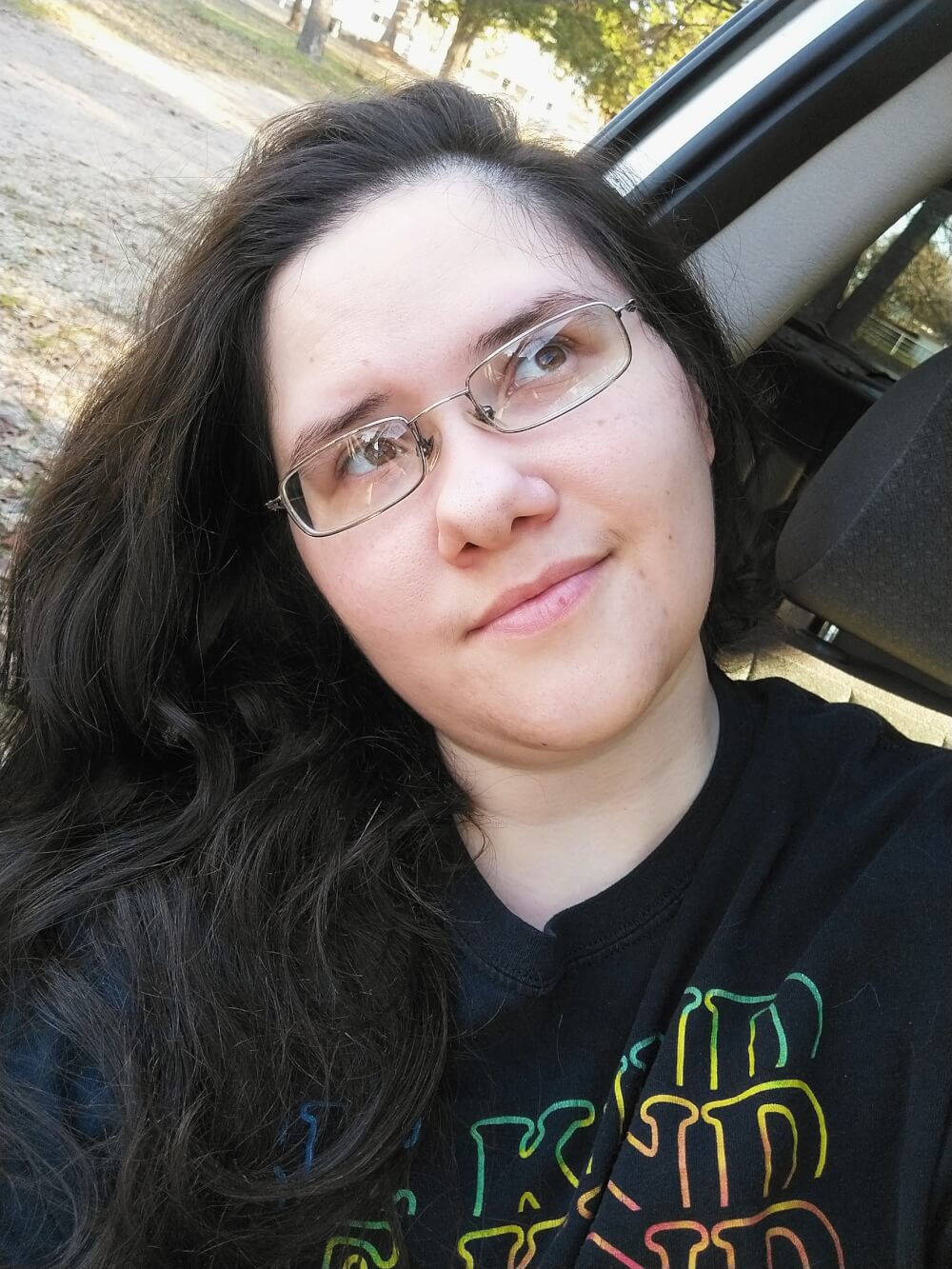Recovering from autistic burnout isn’t impossible — it’s just hard in a society that expects you to be over productive and bases your value on how well you perform in the workplace.
I began recovering from autistic burnout, then fell right back in it because I didn’t have the privilege of taking the time I needed.
But I do know what I need in order to recover and will return to it upon regaining my independence. Maybe this is what you need, too.
1. Do nothing.
Reduce or relinquish all your responsibilities and do nothing.
You probably have zero energy to do anything, anyway.
Doing nothing is the only thing that stopped my burnout. Not every autistic person has the privilege of doing nothing, though, so they wind up back in autistic burnout because they didn’t get the break they needed.
And that’s the hard part — having the ability to take the time you need to recover from a lifetime of unmet needs.
2. Embrace fresh air

I love the sun, but the sun does not enjoy me. I get rashes after being in the sun, so I have to limit my exposure. 🥲 But I have found that I can enjoy being outside from the safety of my car. 😂
I occasionally go on “weird” walks or just to look around and photograph things that might make interesting Instagram or blog photos.
When I lived on my own, I would open the blinds and let the sunlight in. I used a lot of natural light, honestly.
Being outside, getting fresh air — it does something to my mind, body and soul. 🤌 It helps me gain new perspective, experience peace, and collect hope for my future.
Most of all, it helps me live slowly.
3. Fed is best.
I used to try hard with food, then I learned a charcuterie board makes a fine meal because food doesn’t have to be perfect. I didn’t like the idea of eaten off a wooden cutting board because the mold factor stresses me out, so I used paper plates or one of my plastic plates.
Sometimes, my dinner looks like a handful of grapes, a can of bean dip, and half a bag of Cheetos.
Other times, it’s a smörgåsbord of whatever sounds good.
And more times than my bank account would like, it was pizza delivery because I didn’t have the energy to make food myself or the food I had on standby was the wrong sensory input.
Unsubscribing from the neurotypical notion that food has to be a particular way and the social constructs of appropriate meals (breakfast/lunch/dinner/etc.) released the guilt I felt about how I fed myself.
4. Practice mindfulness.
Focusing gratitude on what you have right now will help you develop peace, whereas unlimited desires builds resentment, regret and remorse.
Keeping a journal helps me, even though it felt stupid at first. Journaling is often said to rewire the brain and can help with gratitude.
Before autistic burnout slapped me in the face, I was the type of person who wrote thank-you notes and got people things just because they were on my mind at the time. (I’ve also burnt myself out this way, from wasting my time on people , including family, who do not think of me this way at all.)
You don’t have to do this if you’re uncomfortable with it or lack the executive functioning required to actually mail the notes. Journaling works just fine. 💖
5. Be present.

Bullet journaling helps me stay present, but so does socializing my cat and crafting — even though I’m terrible at it.
What helps other people be present differs. I’m not going to tell you to turn your phone off or stop watching TV, but maybe aim to scroll social feeds less and engage in more activities that nurture personal growth.
6. Reassess your relationships.
Autistic burnout happens because of unmet needs and a lack of autonomy allowing us to create boundaries…which means that your interpersonal relationships are probably lacking in boundaries.
I view myself as a garden, and the things planted in it are the people in my life. Some people are flowers, fruit trees, vegetable vines, etc. Other people are weeds I keep clipped until they pop back into my life for me to clip again.
Here’s the thing, though: Anything can rot or turn into a weed again. Not ever dandelion or daisy is considered a weed.
Consider who is a weed in your life and figure out what to do with them. Can that relationship be salvaged, without you trying to control them, or is it best to mow the weeds and carry on with your life?
7. Do what feels natural.
Let yourself stim. Find pockets of space and time in this dimension that you can stim in, because it’s the only one we’ve got. ✨
8. Release what isn’t working.
People-pleasing wasn’t working anymore, so I stopped and began unmasking.
Now, I’m learning that some relationships will not enter this new chapter of my life because they aren’t working. I spent a few months mourning that, and now I’m ready to move on.
If something isn’t working for you, then it needs to be reassessed. There are no problems, only puzzles — so focus on how to solve it instead of forcing yourself to swim in it.
Recovering from autistic burnout can take years. Please don’t hold this against yourself. You’re not broken if it takes you forever to escape it. 💖
Love this post?
Support me by subscribing to my blog and/or buying me a cuppa:
Leave a comment